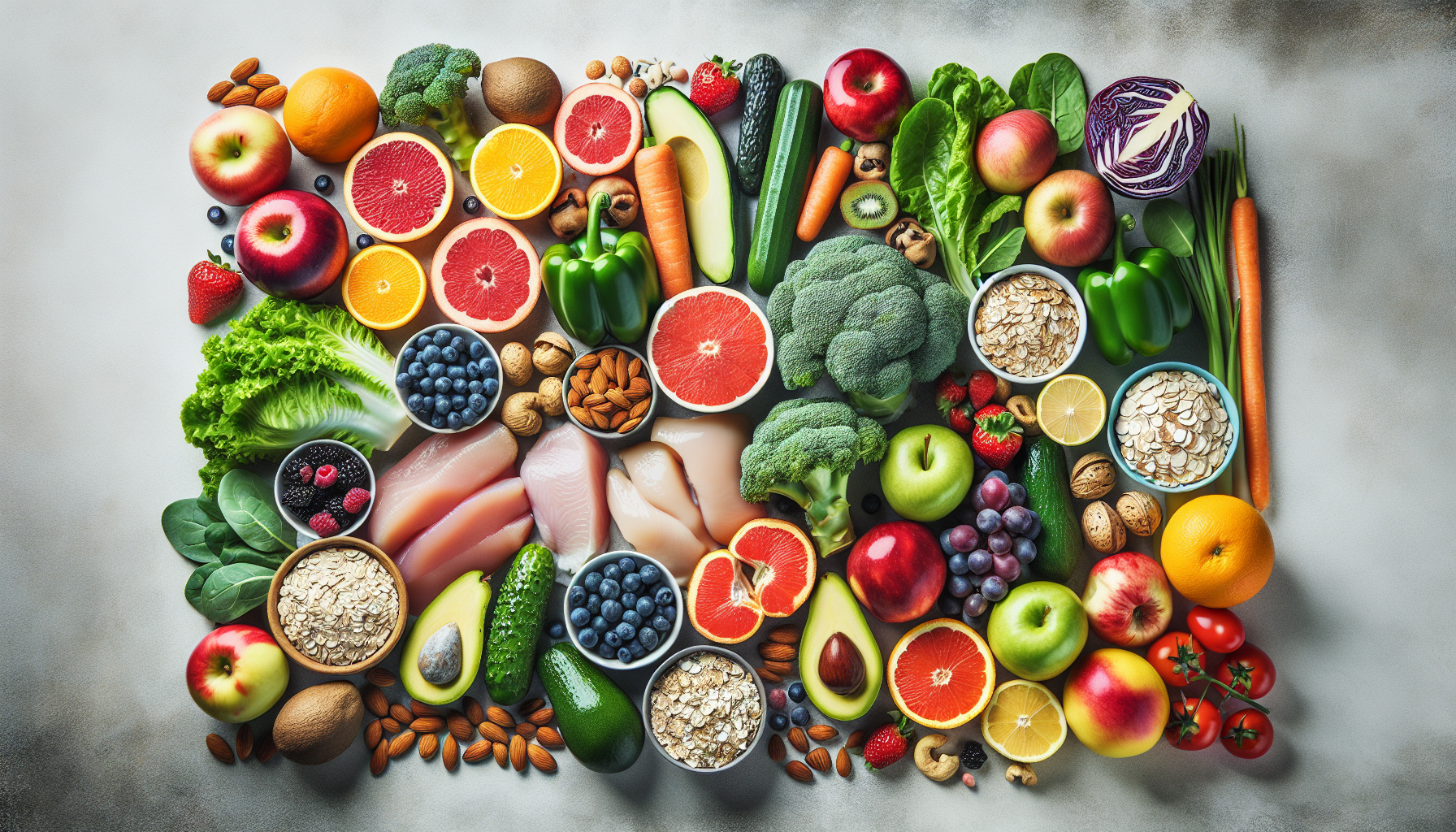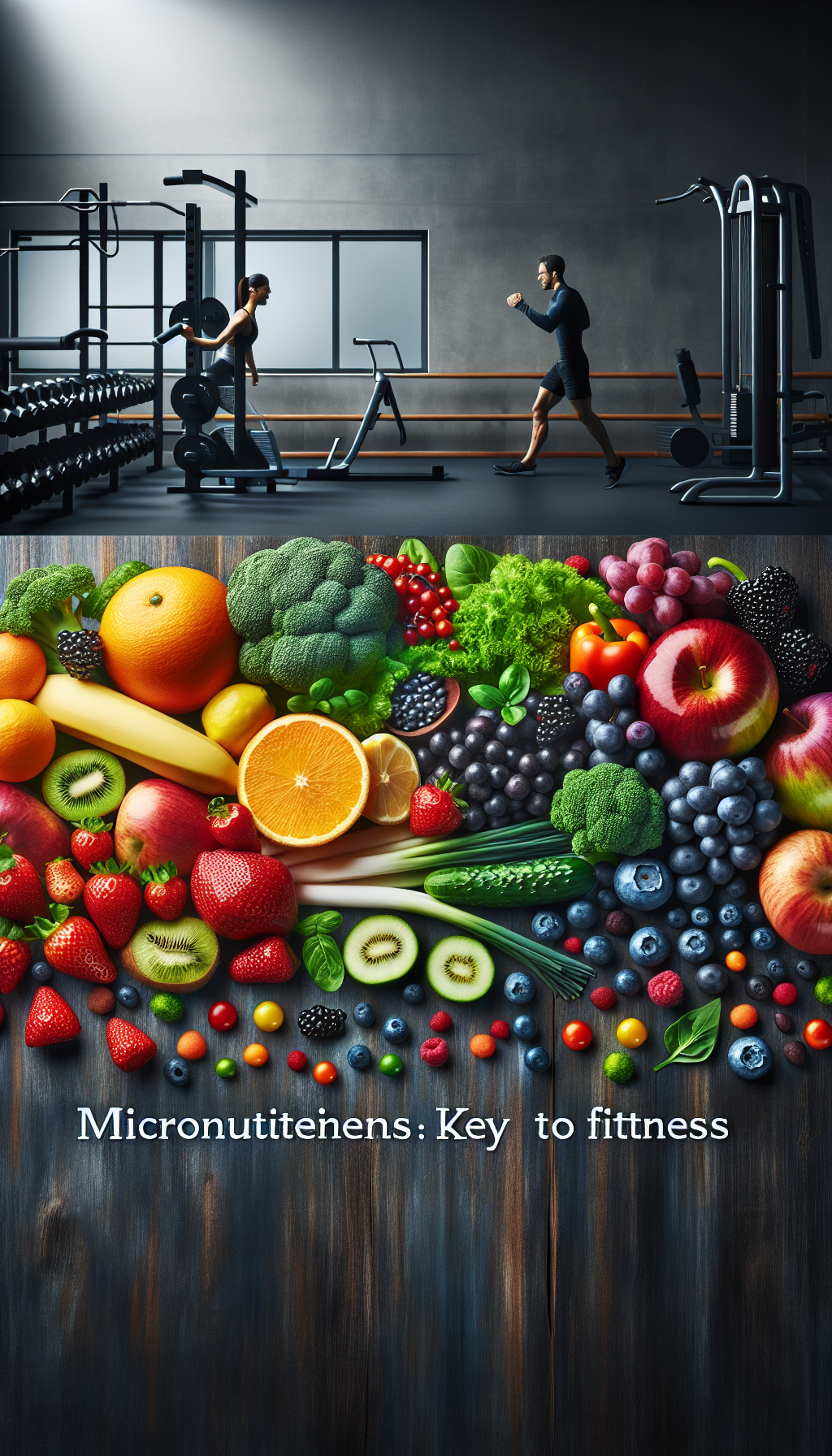Proper nutrition is the cornerstone of a successful fitness regimen. Not only does it provide the fuel needed for your workouts, but it also plays a crucial role in recovery, performance, and overall health. This comprehensive guide will explore the multifaceted relationship between nutrition and fitness, offering insights and strategies to maximize your success.
Nutritional Foundations for Optimal Fitness
Achieving fitness success requires more than just dedication to physical activity. It necessitates a balanced approach to eating that supports your body’s needs. The macronutrients—carbohydrates, proteins, and fats—are the building blocks of a healthy diet and play specific roles in supporting fitness goals.
Carbohydrates: The Primary Energy Source
Carbohydrates are the body’s preferred energy source, especially during high-intensity workouts. They fuel your muscles and are essential for maintaining endurance and performance. Complex carbohydrates like whole grains, legumes, and vegetables provide a steady release of energy, helping to sustain your workouts.
Proteins: The Building Blocks of Muscle
Protein is crucial for muscle repair and growth. Consuming adequate protein through sources like lean meats, fish, dairy, and plant-based alternatives is essential, particularly after strenuous exercise. This supports muscle recovery and growth, helping you to build strength and resilience.
Fats: Essential for Health and Energy
Fats are often misunderstood in fitness nutrition, but they are vital for hormone production, nutrient absorption, and providing a concentrated energy source. Focus on healthy fats from avocados, nuts, seeds, and fatty fish to support your fitness journey without compromising health.
Hydration and Fitness
Hydration is another critical aspect of fitness nutrition. Water supports every metabolic function and nutrient transfer in the body and is essential for health and optimal athletic performance. It’s also vital for joint lubrication and temperature regulation during exercise.
The Role of Micronutrients in Fitness
Vitamins and minerals, or micronutrients, play supportive roles in energy production, muscle contraction, bone health, and immunity. Ensuring a diet rich in a variety of fruits, vegetables, whole grains, lean proteins, and healthy fats will help cover your micronutrient needs.
For instance, calcium and vitamin D are crucial for bone health, especially for fitness enthusiasts who engage in weight-bearing exercises. Iron, found in red meats and leafy greens, is essential for oxygen transport to muscles, impacting endurance and stamina.
Tailoring Nutrition to Fitness Goals
Your fitness goals significantly influence your nutritional requirements. For weight loss, a calorie deficit is necessary, while muscle gain requires a calorie surplus with a focus on protein. Endurance athletes may need more carbohydrates for prolonged energy.
Weight Management and Fitness
Caloric intake should align with your fitness goals. Weight loss requires consuming fewer calories than expended, while those looking to gain muscle mass may need to increase their intake, ensuring they are from nutrient-dense sources.
Specialized Diets for Performance
Some athletes may benefit from specialized diets. For example, ketogenic diets may help some endurance athletes, while others may perform better with a higher carbohydrate intake. Consult a registered dietitian to tailor your diet to your specific needs and goals.
Recovery Nutrition
Post-workout nutrition is critical for recovery. A combination of protein and carbohydrates can replenish energy stores and facilitate muscle repair. For example, a smoothie with protein powder, fruits, and spinach can be a convenient recovery meal.
Nutrition Timing and Frequency
Timing and frequency of meals can also impact fitness results. Eating smaller, frequent meals throughout the day can maintain energy levels and metabolism. Pre- and post-workout meals should be timed to support energy needs and recovery.
Nutrition’s Impact on Overall Health
Fitness is not just about physical appearance or performance; it’s also about health and longevity. Proper nutrition enhances the benefits of exercise, impacting cardiovascular health, brain function, and even skin and digestive health. For more information on how nutrition contributes to different aspects of health, explore our resources on brain health and digestive health.
External Resources for Further Information
To deepen your understanding of the role of nutrition in fitness, consider the following external resources:
- The International Society of Sports Nutrition offers evidence-based positions on sports nutrition and supplementation (ISSN).
- Precision Nutrition provides in-depth articles and certification programs on nutrition coaching (Precision Nutrition).
- The Academy of Nutrition and Dietetics features a wealth of information on various nutrition topics (EatRight).
Conclusion
Nutrition is a powerful tool that can significantly enhance your fitness success. By understanding and applying the principles of balanced eating, hydration, and nutrient timing, you can support your body’s needs for both performance and recovery. Remember that personalization is key, and what works for one individual may not work for another. Always consider consulting with a nutrition professional to fine-tune your dietary approach to your unique fitness goals.
Incorporating the insights from this guide into your fitness plan will help you achieve a harmonious balance between diet and exercise, leading to sustainable health benefits and improved performance. Remember, your journey to fitness success is not just about the hours spent in the gym but also about the choices you make in the kitchen.



